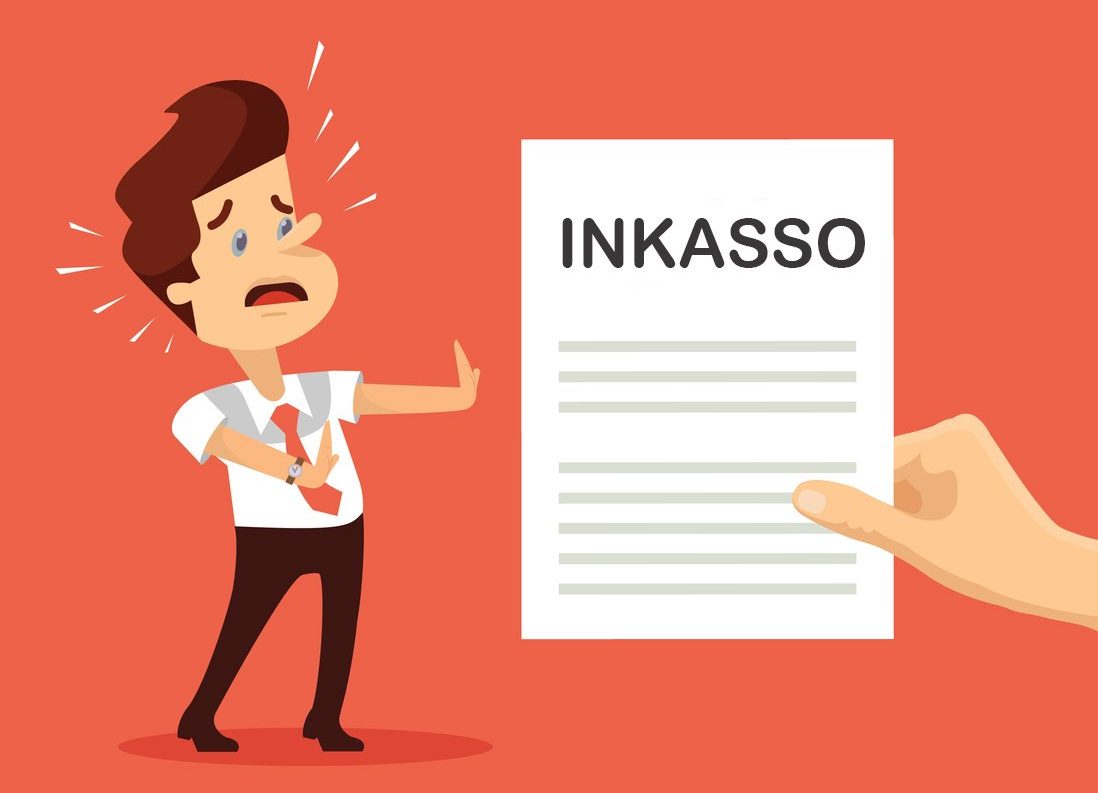Understanding Inkasso, or debt collection, is essential for anyone who may face financial obligations that are unpaid. Inkasso refers to the process where a creditor employs a third-party agency or internal department to recover overdue payments from individuals or businesses. While the concept may seem intimidating at first, knowing how it works and what rights you have can help you navigate the situation more confidently.
When a debt goes unpaid for a certain period, creditors may initially attempt to contact the debtor directly, sending reminders or notices of the outstanding amount. If these efforts fail, the creditor often turns to an Inkasso agency to manage the collection process. These agencies act as intermediaries, handling communication, documentation, and legal procedures on behalf of the original creditor. It is important to understand that Inkasso agencies are bound by specific regulations to ensure fair practices. They cannot use threats, harassment, or misleading information to coerce payment.
Once a debt is handed over to an Inkasso agency, the agency typically begins by sending formal letters outlining the debt, including the amount owed, deadlines, and possible consequences if the payment is not made. In many cases, they may also offer repayment plans or negotiation options to help the debtor settle the debt in a manageable way. Open communication is crucial; responding promptly to Inkasso notices can prevent further complications and additional costs. Ignoring these communications may lead to increased fees, damage to credit scores, or even legal action.
It is also vital for debtors to verify the legitimacy of any Inkasso agency contacting them. Fraudulent agencies sometimes pose as debt collectors to extract money unfairly. Always request proper documentation proving the debt and the agency’s authority to collect it. Understanding your rights under consumer protection laws, such as limits on interest fees, helps ensure that the collection process remains fair and transparent.
For those managing debts, proactive planning and financial organization can reduce the likelihood of receiving Inkasso notices. Keeping track of bills, setting up automatic payments, or contacting creditors early if difficulties arise can help maintain financial stability. While encountering Inkasso may be stressful, knowing the process and your rights can make it more manageable. By staying informed, communicating responsibly, and seeking professional advice if needed, dealing with debt collection becomes a structured and fair experience rather than a confusing or overwhelming one.




